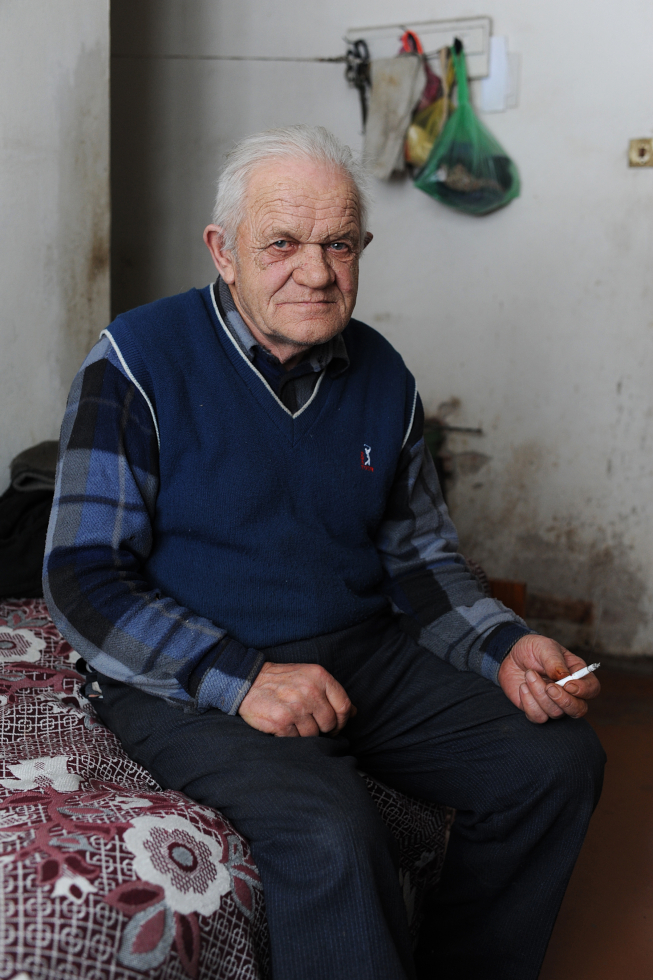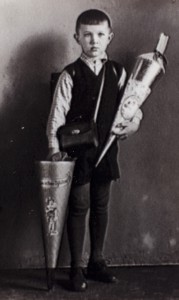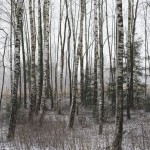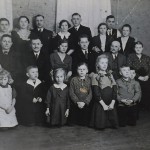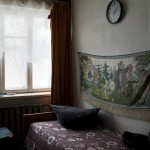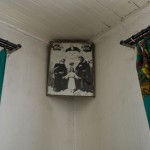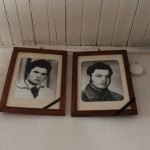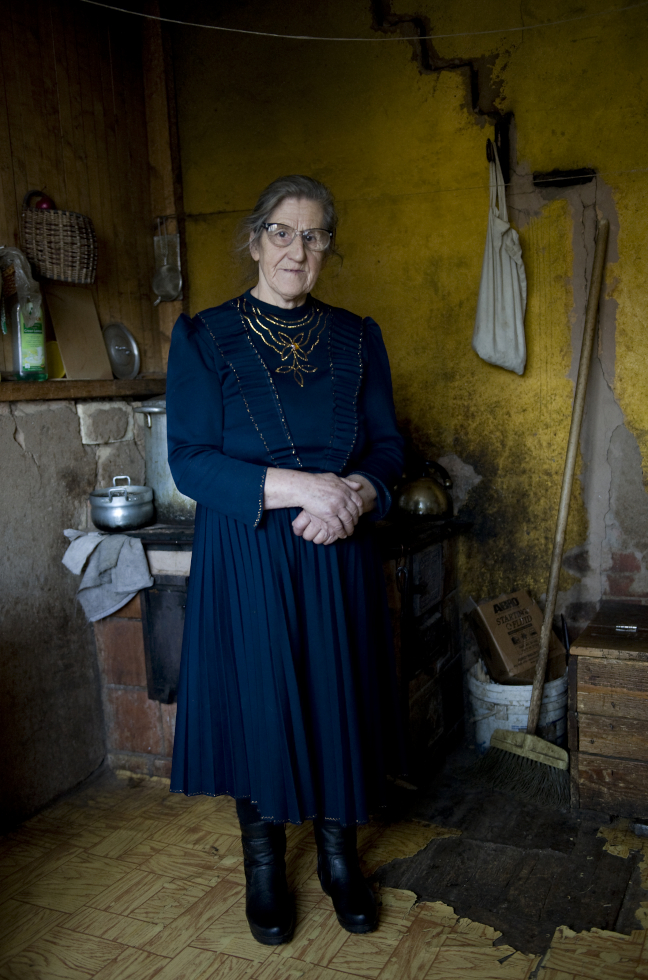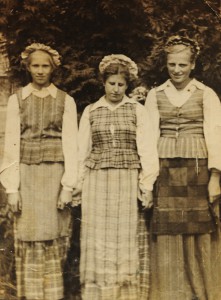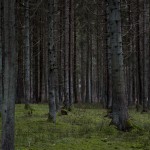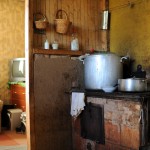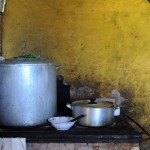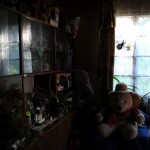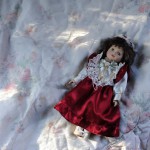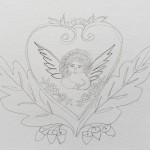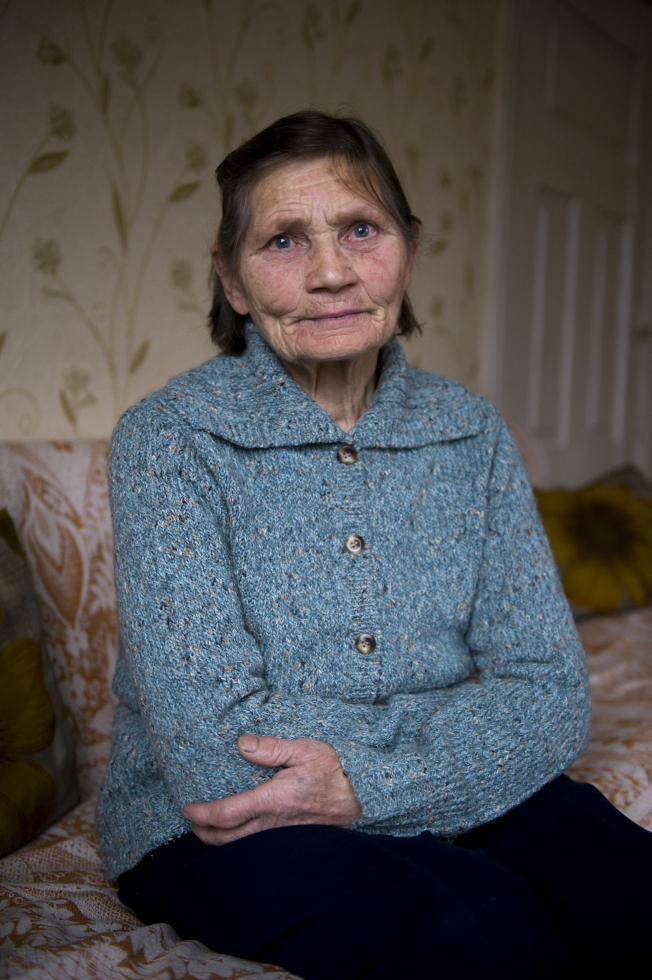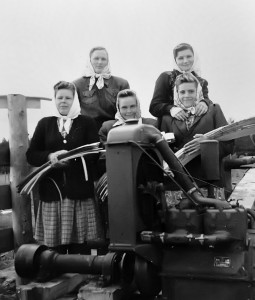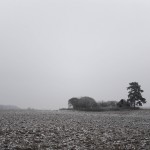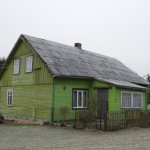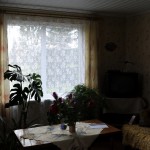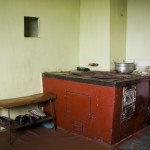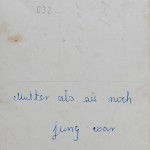So far we have interviewed 42 wolf children during our travels to Lithuania. Please find below three short excerpts from the interviews, and see some portraits, still life and nature photography.
Ewald Bork *1934 Königsberg
I hail from Königsberg where I was born in 1934 and attended four grades of elementary school. My father was drafted into the German army in 1939. After that he was never heard of again. My older brother worked as a postal employee. When the Russians came in 1944 they simply took him and he, too, was never heard of again. I fled the bombings of Königsberg with my mother to later return and find the city in ruins. Then came the hunger. Somehow mother and I managed to survive for two years. By that time we were so weak and in dire straits that mom ended up dying while lying next to me in bed. She died from starvation. I was 13 and made my way to Lithuania.
Waltraut Minnt *1936 Uderwangen
I was born on March 7, 1936 in Uderwangen in East Prussia. I don’t remember much of the war anymore. Only that I lost my father and my eldest brother in the war. After the war my siblings and I stayed with our mother on the family farm until the Red Army arrived. I was six years old when Red Army soldiers entered the home and went straight for our mother ignoring my siblings and me in the front yard. We heard our mother scream – neighbors kept us from running inside. It took several hours until the soldiers were done raping our mother and left. When she appeared in the door she was crying and bleeding, hardly able to stand up. She staggered and fell to the ground right in front of a moving tank.[…] I have lost my mother, all of my siblings and ended up in a youth labor camp in Sibiria. When I was released to Lithuania in the fifties, I was afraid of people, I didn’t speak the language and often felt the need to withdraw to nature.
Ursula Haak *1935 Birjohlen
After my mother had been murdered by Russian soldiers, my two brothers and I remained alone at Elchniederung (Engl. ‘Moose Valley’). A farmer saved us from the flood waters that summer that would otherwise have cost our lives. When I asked, if we could stay with him, he declined. “Go to Lithuania,” he said. “There you will receive help.” I was ten years old and I had to look after my two younger brothers. They had nobody else but me. So we went back to Tilsit (now the town of Sowetsk) to find a way across the border. Horst, the youngest, could no longer walk and we had to carry him constantly. In the end we left him at a park as we were simply exhausted. We told him to wait for us there until we returned from Lithuania. However, when we returned, he was gone.
